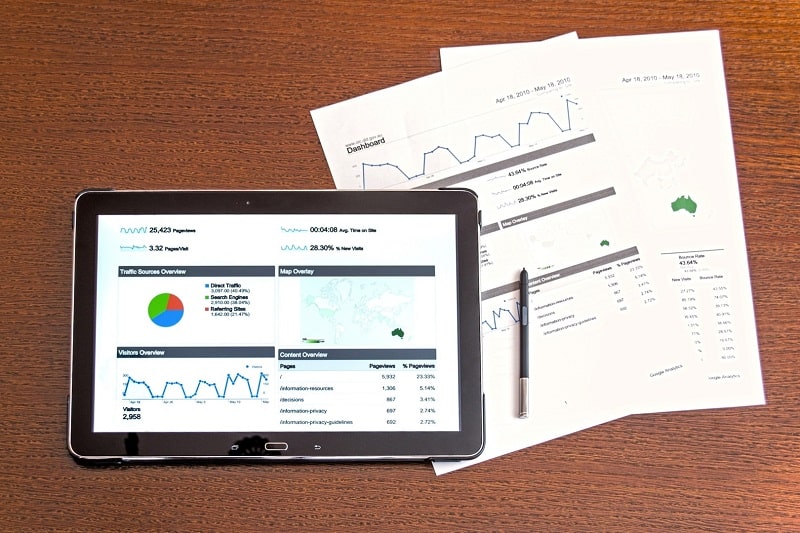A cryptocurrency is a form of digital currency that utilizes cryptography for security, and it cannot be counterfeited. Furthermore, the digital asset is based on a certain network spread across multiple computers.
The name cryptocurrency was derived because it utilizes encryption processes for all transactions.
In addition to its encryption approach, cryptocurrencies do not need to be carried around like physical cash. On the contrary, they exist as digital entries to a database and are individually different for every transaction.
Cryptocurrency is known for its unique decentralization feature which means it’s not controlled by any government or financial institution. Many cryptocurrencies are decentralized due to blockchain technology.
Blockchain technology is an organizational method incorporated into transactional data for integrity. Additionally, blockchain technology is a major factor when operating a cryptocurrency business.
HQ Office
our team of experts are in Atlanta GA, our hours for sales support are 8am to 6pm easter standard time
The way we work, communicate, and purchase goods have changed over time due to technological advancement. Furthermore, payment trends have also changed from cash to cashless systems. However, this goes without saying that some consumers and companies still accept cash as a means of payment. Cashless payments or contactless payments are on the rise with companies like Google and Apple backing up this approach. However, companies and individuals have started adopting the use of cryptocurrency as a form of payment. Bitcoin is the most popular cryptocurrency and others include Ethereum, Ripple, and now Agrocoin (launching soon). Agrocoin aims to support the purchase and sales of agricultural commodities such as chicken, rice, soybean, and sugar.
Cryptocurrency and Blockchain In Agriculture
How does cryptocurrency work?
Cryptocurrency works similar to payment platforms like PayPal and credit cards. But the difference is that cryptocurrencies are digital assets used to purchase goods and/or services. In addition, these digital assets are stored in what is known as a cryptocurrency wallet or crypto wallet. The wallet acts as a bank or even a physical wallet.
However, when performing cryptocurrency transactions, the individual performing the transaction needs to have a private key (password). The private key is like a bank account but in this case, the receiver of the crypto funds is not privileged to know the source of the cryptocurrency fund because of the encryption process.
To ensure the success of each transaction, a verification process known as “cryptocurrency mining” needs to occur. In addition, cryptocurrency mining consists of massive amounts of computing power and algorithms.
Differences between Cryptocurrency and Traditional Bank Notes
As mentioned previously, cryptocurrency is a virtual or digital asset that is used to perform various transactions ranging from online shopping to payment of tuition.
But the question is - how do cryptocurrencies differ from the traditional banknotes?
Here’s how:
1. Blockchain Technology
Contrary to the traditional currency controlled by authorities, cryptocurrency is not controlled by authorities. However, this is not to say that governments have not tried to control it. Furthermore, blockchain is a database of cryptocurrency transactions and totals.
2. Cryptography
Simply put, cryptography is the process of making blockchain secure using cryptographic codes know as “Hashes”. Hashes are similar to passwords but are almost impossible to decipher by a second party.
Besides explaining what cryptocurrencies are and how they work, it is also important to consider the types of cryptocurrencies available.
The Cons of Blockchain Agriculture
Though the benefits of blockchain agriculture outweigh the disadvantages, it is always a good idea to also consider the disadvantages of blockchain agriculture. * The reasons each user provides accurate information needs to be studied further as it is necessary for both small and large scale farmers. * The process of data upload to a blockchain database could be expensive especially for smallscale farmers.



